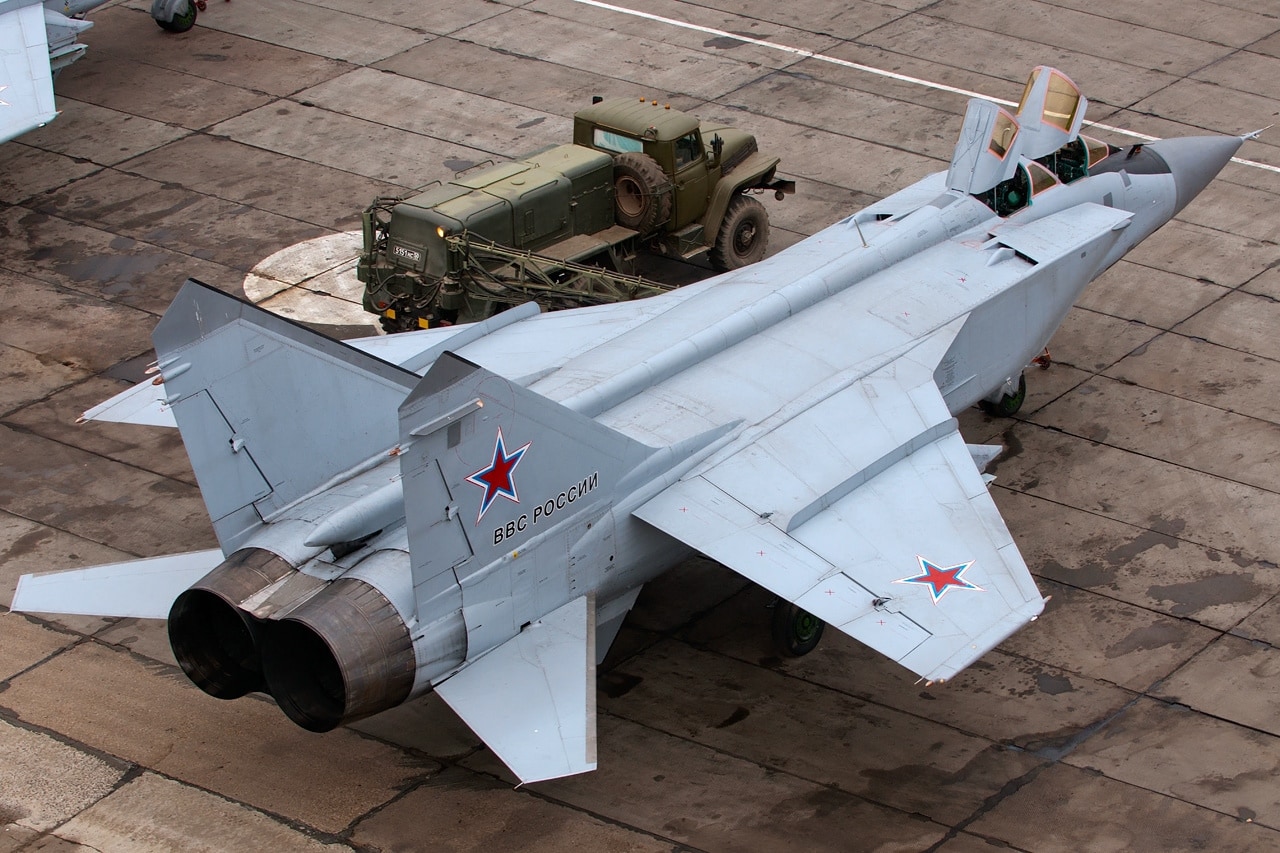Who will dominate the Arctic? As climate change melts the polar ice caps, once unsurpassable Arctic sea routes are becoming passable; once unattainable Arctic resources are becoming attainable. Predictably, the region is becoming an arena of geostrategic importance; great powers are beginning to compete for the region – to ensure their own security and to secure their resources. The question looms: will the Arctic be militarized?
For most of the post-Cold War era, geopolitics in the Arctic were stable and cooperative. Scholars referred to the trend as “Arctic exceptionalism,” which was a lack of great power competition in the region. Essentially, the geographic realities of the region, the foreboding ice and cold negated the application of realist viewpoints. Now, the post-Cold-War moment of Arctic cooperation appears to be concluding. Various actors are making claims in the region. Russia, whose relationship with America is at its lowest point since the 1980s, is building a fleet of nuclear-powered icebreakers capable of traversing the Arctic.
A Region of Resources and Routes
Powerful incentive exists to control the Arctic; estimates hold that the Arctic holds “13 percent of the world’s undiscovered oil reserves and 30 percent of its natural gas reserves,” according to the Center for Strategic & International Studies. The Arctic also holds large mineral deposits. Iron ore, copper, nickel, phosphate, and bauxite – all of which feature prominently in industrialized economies – are found abundantly in the Arctic. Inevitably, great powers will be motivated, not just in procuring these resources for themselves, but to prevent their adversaries from doing so.
Russia is one of the world’s leading mineral producers. The Russians produce phosphate, for example, which is used in agriculture, water treatment, flame-retardation, and corrosion protection, at a rate of 11 million tons per year, or eight percent of the global output. Russia produces nine percent of the world’s bauxite, which is used to create aluminum and cement. And Russia produces over six percent of the world’s iron ore. As competition between Russia and the U.S. heats up, the two nations will be particularly motivated to deny the other material wealth, i.e. access to oil, gas, and mineral deposits. At present, however, a significant gap exists in the equipment required to lay claim to the Arctic: nuclear-powered icebreakers.
Russia Rushes In
Russia, despite limited resources, is the only nation currently operating nuclear icebreakers – making their territorial intentions clear. Currently, Russia has a fleet of twelve civilian nuclear-powered vessels – eleven icebreakers and one cargo ship with an icebreaking bow.
RECOMMENDED: The B-21 Raider Stealth Bomber Is A Beast
RECOMMENDED: Why No Battleship Was Better Than the Iowa-class
The Artika class icebreakers, of which two are still in service, measure 136 meters long at the waterline, with a 28-meter beam. The ship can cruise at 18 to 20 knots while displacing about 25,000 tons. The crew size can range from 138 to over 200, and the ship can host 100 passengers. Powering the Artika are 2 OK-900A reactors, each providing 171 megawatts of power. The Reactors turn 3 propellers, capable of generating 75,000 horsepower. The Artika can stay at sea for seven and a half months straight – and can go four years between refuelings. And the Artika can move through ice as thick as 2.8 meters.
The U.S., somewhat late to the party (but with an embarrassment of riches), is currently planning its first icebreaker in forty years – and their first-ever nuclear icebreaker. Construction on the vessel, known as the Polar Sentinel, has not begun; the ship will not launch until 2025 at the earliest.
Harrison Kass is a Senior Defense Editor at 19FortyFive. An attorney, pilot, guitarist, and minor pro hockey player, he joined the US Air Force as a Pilot Trainee but was medically discharged. Harrison has degrees from Lake Forest College, the University of Oregon, and New York University. He lives in Oregon and regularly listens to Dokken.

